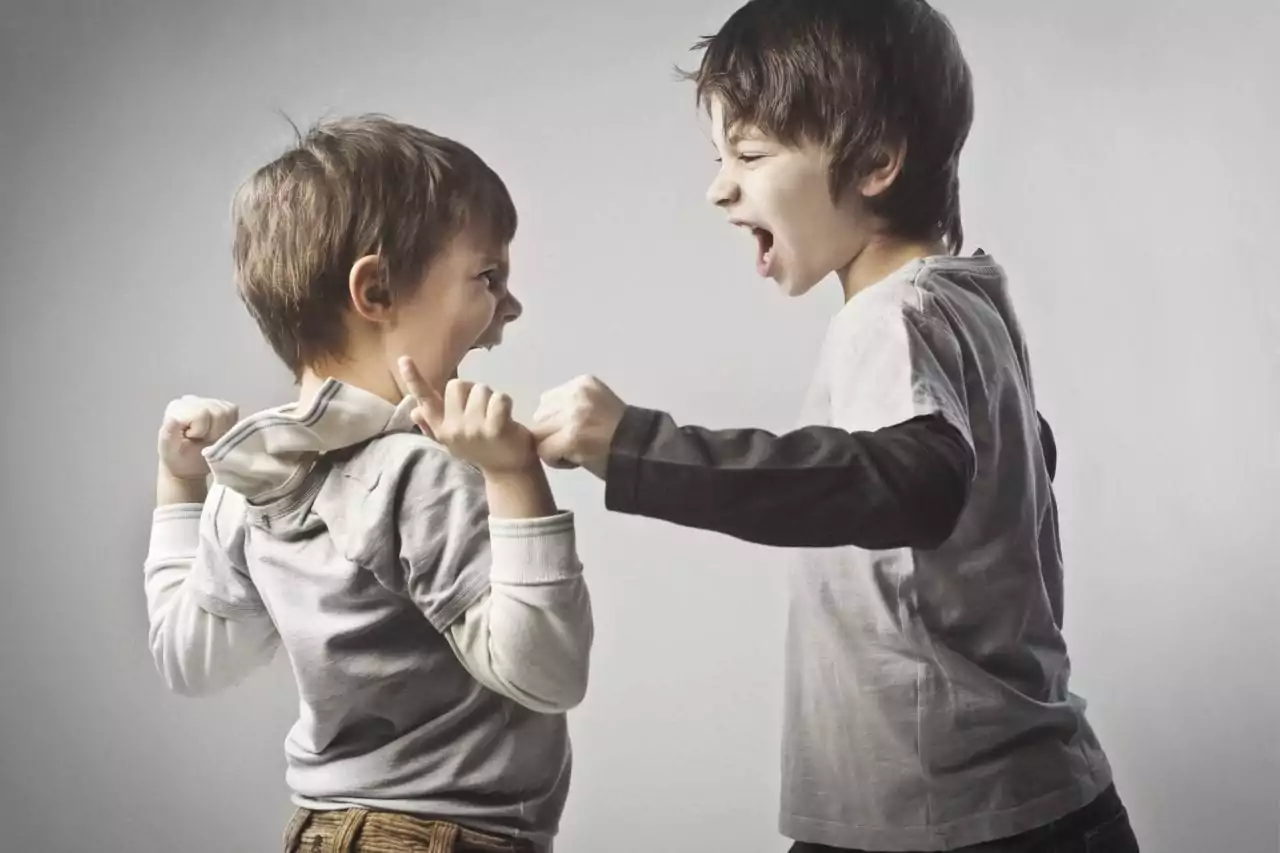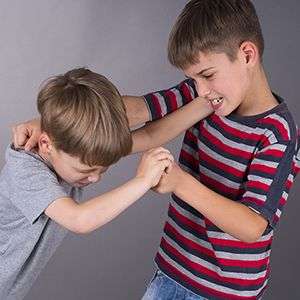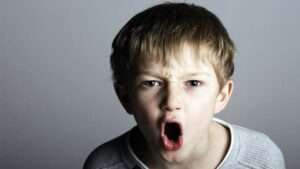Effective Strategies for Managing Kids’ Aggressive Behavior
- Dr Owais Rafiq
- August 11, 2024
- 1:43 pm

Understand and Manage Aggressive Behavior in Kids
Aggressive behavior is when a child or young adult behaves badly toward peers, siblings, or adults. They can be feeling anxious and frightened. 
Aggression in children is a serious social issue. Children who engage in violent behavior put themselves, their families, and the community at risk in addition to themselves.
What can cause aggression in children?
Anger is not a simple behavior with a single cause. aggression in children might indicate a number of different hidden issues. Furthermore, a variety of psychiatric diseases are associated with their incidence.
Mood disorders:
Bipolar children often get aggressive during their manic phases. They grow angry and lose self-control. On the other side, depression can make them anxious, which can occasionally lead to kids lashing out, even though violence is less usual in these situations.
Trauma:
Children may become violent due to external pressures. There are cases in which a kid’s anger is triggered by external pressures. Painful events may cause children to become violent. 
Anger issues:
aggression in children can be the result of anger management problems. Young children are frequently bullied by other children on school property. The insult has a negative impact on temperament. Furthermore, a youngster may experience negative effects from an abusive or harsh parenting style. Anger problems are common in kids who experience continuing, unrelieved stress.
Stressful Environment:
In stressful situations, a child’s psychological development is affected. A child’s exposure to violence in the home and community can make them more aggressive. As some kids spend their entire childhood observing their parents argue. These kids have a tendency toward hostility. They struggle to get over challenges in life.
Psychosis:
Aggression is another symptom of psychotic disorders. Children with schizophrenia are more likely to react emotionally to internal stimuli that can cause distress. Schizophrenia is a mental illness that affects thoughts, feelings, and behavior.
Frustration:
Children who struggle with cognitive abilities can show aggression. They can’t express their emotions orally as other kids do and are unable to deal with their discomfort or stress, thus becoming aggressive.
Impulsiveness:
Impulsivity and poor decision-making can result in violent conduct that is mistaken for violent in children with ADHD, the most prevalent of them. These kids often don’t think about the effects of their behavior, which can come across as cruel when it’s just a lack of awareness. 
Injury:
Additionally, when a child has some form of epilepsy or a portion of their brain is injured, there may be biological causes for aggression in children. In certain situations, this violent episode could not have a clear cause and might even have a tense element.
Low IQ and social skills:
Several psychological models have been developed to explain the relationship between aggression in children and intellectual disability. Lower brainpower leads to poor performance and makes it harder to achieve in school. A child who does poorly will likely feel frustrated and less confident. In addition, the child with lower cognitive abilities may struggle more to think of different, simpler ways to accomplish their goals. If children with low IQ cannot learn and recall additional methods, then violent behavior will likely be repeated regardless of how successful or unsuccessful the child has been with it.
Symptoms of aggression in children
Aggression in children is not usually displayed in the same ways that it is by adults.
In addition to violent acts such as pushing, kicking, and hitting, a child’s hostility may include:

- explosive or violent outbursts
- insulting or humiliating peers to induce a response
- yelling at parents and siblings
- threatening to harm oneself or another person
- abusing toys or other things as weapons
- injuring animals
- destroying other people’s property or belongings
- lying, spreading rumors about peers
Controlling aggression in children:
While this advice can benefit any child, it can be particularly useful for kids who express aggressive or disruptive behaviors.
Connect with your child
- Set a daily time slot free from TV and other media. Spending quality time with your child is important, especially if they are showing a lot of behavioral issues on that particular day.
- Ask about your child’s life and let them know you are interested in listening to their fears and concerns
- Appreciate your child on managing difficult emotions in a healthy manner. Express your pride in them.
Make use of positive parenting.
- Instead of using words that are negative, explain guidelines in a way that is positive and describe the behavior you want.
- Give praise for good behavior.
- Reduce your focus on bad behavior. Your child is going to learn that misbehaving isn’t a good way to win your attention.

Establish reasonable outcomes.
- Age-appropriate consequences should be given. It’s good for young children for consequences to occur soon so they can make the connection between their actions and the consequences.
- Help your child understand but avoid providing an immediate explanation. Once everyone has calmed down, you can discuss what happened.
- Encourage your child to engage in positive conduct.
- After the incident, make sure that consequences happen right away and don’t delay them. Be prepared to carry out the punishment, even in front of others.
Prepare your kids for success.
- Choose your battles wisely. Determine which habits are most crucial, then concentrate on them.
- Develop the capacity to prepare for challenges.
- Encourage your child to hang out with friends who positively impact their behavior.

Make plans child safety
- Make a list of phone numbers so you know who to contact in case your child does something risky.
- By being aware of any discomforts your child may be feeling, you can assist them in planning for their needs and helping them regulate their emotions.
Form good practices.
- Ask your kids to participate in physical activity for at least an hour each day add whole grains, high-protein foods, organic goods, and vegetables in your regular meals.
- Make sure your child gets enough sleep. You should restrict your child’s daily screen usage to no more than hours.
- Aim to avoid watching graphic or shocking TV shows, movies, or video games.
Dr Owais Rafiq
Subscribe to Dr Owais YouTube channel
For parenting advice, child health, symptoms, causes and treatment of illness in children.





